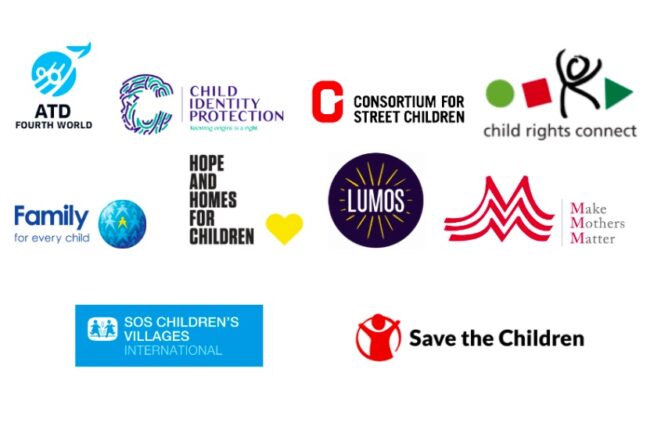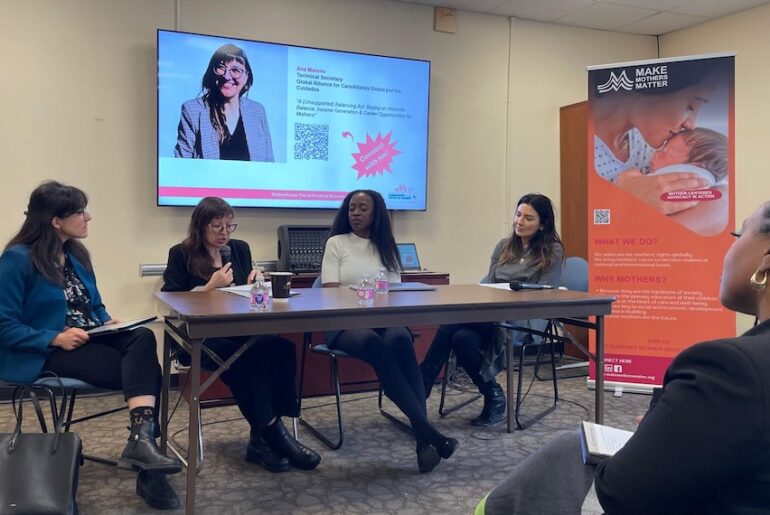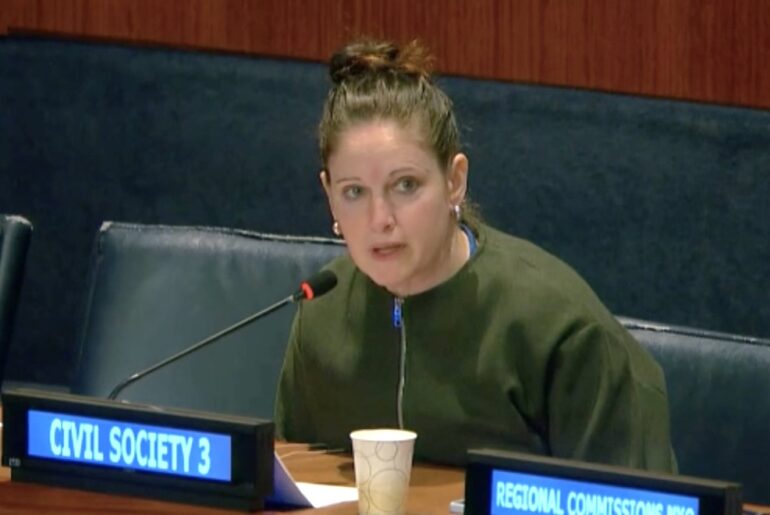Inclusive social protection for realising children’s rights
01.03.24
UN Geneva, Human Rights Council - Co-organised with a group of Child Rights organisations, we invite you to join us for this hybrid event which will take place around the HRC's annual day of the rights of the child and focus on Bridging gaps for children's rights and inclusive social protection.

→ Tuesday 12 March, 8:30-10:00 am CET
→ CAGI, route de Ferney 106, Geneva
Online: please register here
Background & Objectives
An inclusive social protection approach for children, one that leaves no child behind, seeks to address the specific economic and social vulnerabilities they face. It ensures adequate income that takes into account the diverse and intersecting situations of vulnerability that children may face, for instance, due to their family situation or disability, or as a result of disasters such as climate change, pandemics and conflicts.
This approach should also be gender responsive, include age-appropriate care and protection needs, and cover individuals, often mothers and female relatives, who undertake the child’s care, mostly unpaid and unrecognised.
For children, all of this is important because poverty and socio-economic vulnerabilities impact them differently and disproportionately. Living in or being vulnerable to poverty fundamentally undermines their futures, often with lifelong consequences, impacting their opportunity to access quality social services and, undermining their dignity, confidence and life chances.
Every child has the right to be properly cared for in family settings for their well-being. Social protection should therefore in particular support families in all their diversity and ensure that parents and other caregivers have the required resources and skills to provide nurturing care and education, especially during the critical early years. Poverty reduction strategies in particular are essential, as poverty is a driver of abuse and violence in families and of family separation. Single-parent families need specific support. Social protection for children cannot be disconnected from social protection for their parents or legal guardians.
The aim of this event is to contribute to the discussion by highlighting solutions, with a particular focus on grassroots solutions. Its objectives are to:
- Frame inclusive social protection as a child rights imperative
- Give a voice to children as experts, to present the solutions they have observed from their daily lives
- Demonstrate that birth registration is the gateway to all child rights and inclusive social protection
- Show the links and synergies between Inclusive social protection for children and social protection for parents and other caregivers
- Illustrate the role of inclusive social protection in preventing family separation and institutionalisation and ensuring children are raised in families
Provisional list of speakers
- Chaired by Cornelius Williams, Former Global Director Child Protection Programme Group at UNICEF
- Professor Ann Skelton, Chair of the UN Committee on the Rights of the Child
- Nanna Andersen, First Secretary, EU Delegation to the UN in Geneva
- Lumos:
Anna – a 15 year old girl from Moldova with care experience, who has also worked on projects with refugee children at the local and national level
Ivan – a 16 year old boy from Ukraine currently living in Moldova - Harry Rutner, Senior Legal and Advocacy Officer, Consortium for Street Children
- Valerie Bichelmeier, Vice-President, Make Mothers Matter
- Shahra Razavi, Director, Social Protection Department, International Labour Organisation (ILO)
Time Poverty and the Motherhood Penalty
Unveiling Economic and Social Injustices
09.07.24
Mothers play an essential role in families by ensuring their loved ones are nourished, educated, and healthy, but their unpaid care work often leads to economic and social injustices, known
Envisioning care as a common thread to global crises
29.07.24
UN New York - Our virtual HLPF side-event brought together experts to shed light on how the various global crises we face (in particular climate change and other environmental crises,
We call for multi-stakeholder approach to recognise and support unpaid care work
21.07.24
UN New York - Participating in the meeting of the UN Economic and Social Council (ECOSOC) on care and support systems, MMM reaffirmed the principle of co-responsibility, which should underpin








